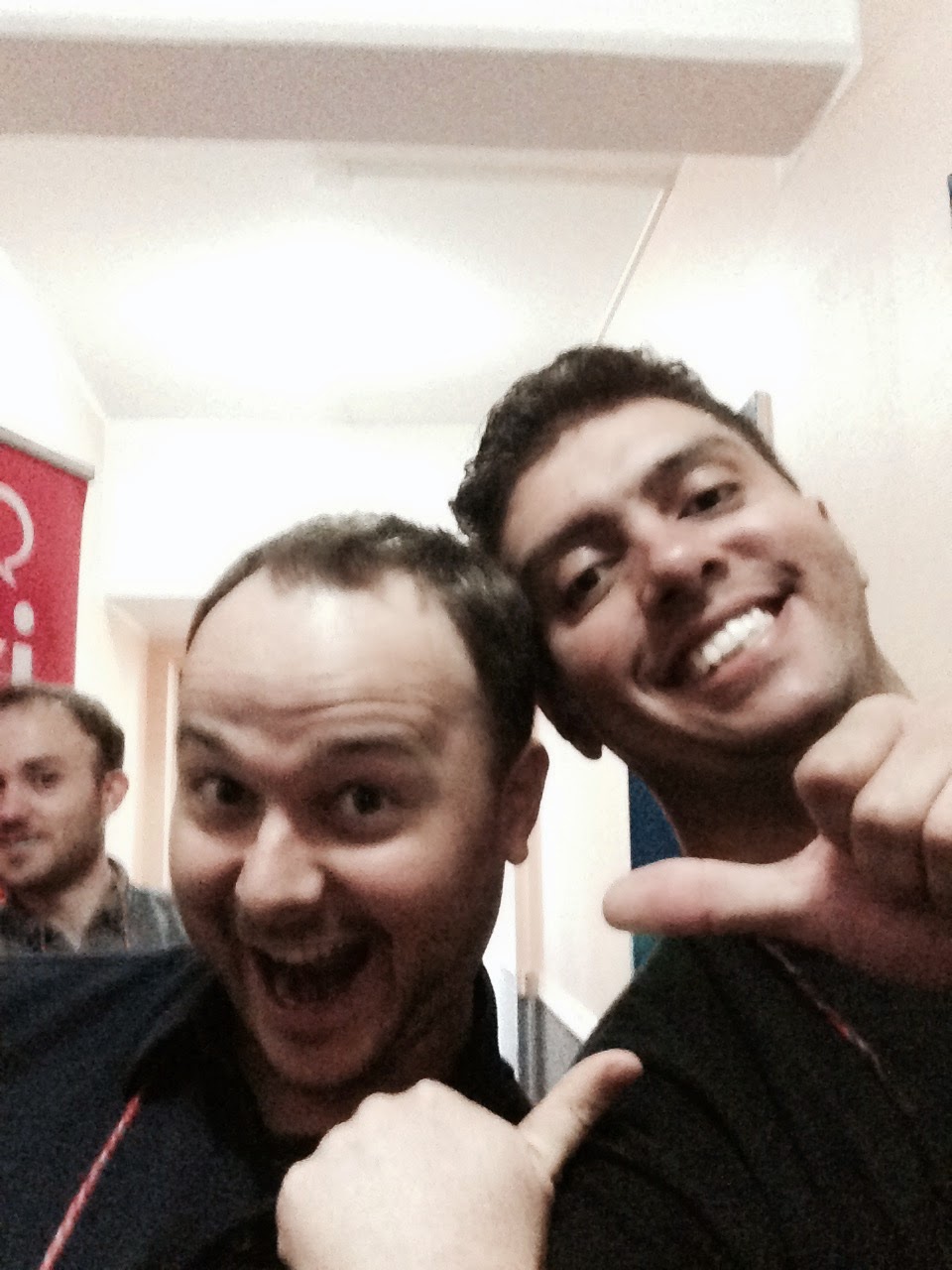Is it
important to have an international certification?
Everything will depend on
what you want to do with the language. There are several international
certificates for virtually all the languages in he world, the most famous are:
For
English:
TOEFL,
TOEIC, Exams of Cambridge and of Michigan.
For
Spanish:
DELE,
CELU
For
French:
DELF,
DALF, TFL
For
Italian:
CELI
For
Russian:
ТРКИ
And so
on...
As it can
be seen, there are a large variety of certificates, and the most interesting is
that I could continue the list and you will be surprised on how many
certificate for each of the main languages still exist.
So,
should you really take this one of them?

This is
one of the main questions I heard from my students, as we are an authorised
TOEIC, TOEFL and TFL centre in my Country, and my answer is: Yes, absolutely!!!
Specially, if you:
-want to
prove to some else your ability,
-want go
get a career in languages, or at least in the language,
-want to
get a job where a certain level of fluency is required,
-want to
improve your confidence in yourself and in your language skills, because some
people tend to believe that they do not know the language, and by doing such
tests is like having a real "photograph" of your level,
When
should I take this exam?
If you
can afford it, take it at the very begging stage, so that you can check after
some months of you have learnt something, or if it was just what we call
"monkey score", that is a note that e everyone that has your mother
tongue will get by doing this exam. To get clear, if a Brazilian person takes
the Spanish test, specially in the reading and in the in the listening part, it
is almost sure that he/she will get a some reasonable answers, and the same is
true with the pairs French/Italian, Dutch/German, Swedish/Danish/Norwegian,
Spanish/Catalan, and even depending on how smart you are Russian/Polish, and
Italian/Romania.
Even
despite of the language pair, in multiple choices questions exams everyone runs
this risk of "guessing" instead of knowing, for this reason it would
be perfect if you could take one of those tests when you first start doing a
language course, if you cannot afford it, try a mock test in the Internet for
free, and keep the score in save place, so that you can compare results in the
near future.
When I
present this idea to people, they react saying that they will not understand
anything, and I reply that this is the goal, check, prove and record in a real
form this truth, and later on check again of you got any piece of real
knowledge, this is useful for several reasons:
-you can
be focused on what is really important, in international standards, not only in
your teacher or book's opinion.
-you can
be motivated to overcome yourself, it is a kind of self challenging.
-you can
control closely if your studies are reaching their real goal, or just losing
your time,
-you can
have a statistical improvement, not only idea,
-you can
answer accurately when asked about your level,
And so?
Well, not
matter what language you are studying now, check in google for mock tests of
it, and evaluate how good you are, and then check it again after 3 or 4 months,
you will be surprised with your results.
Keep in
touch!
Jimmy
Mello
Brazilian
polyglot
 This is
one of the main questions I heard from my students, as we are an authorised
TOEIC, TOEFL and TFL centre in my Country, and my answer is: Yes, absolutely!!!
This is
one of the main questions I heard from my students, as we are an authorised
TOEIC, TOEFL and TFL centre in my Country, and my answer is: Yes, absolutely!!!



























